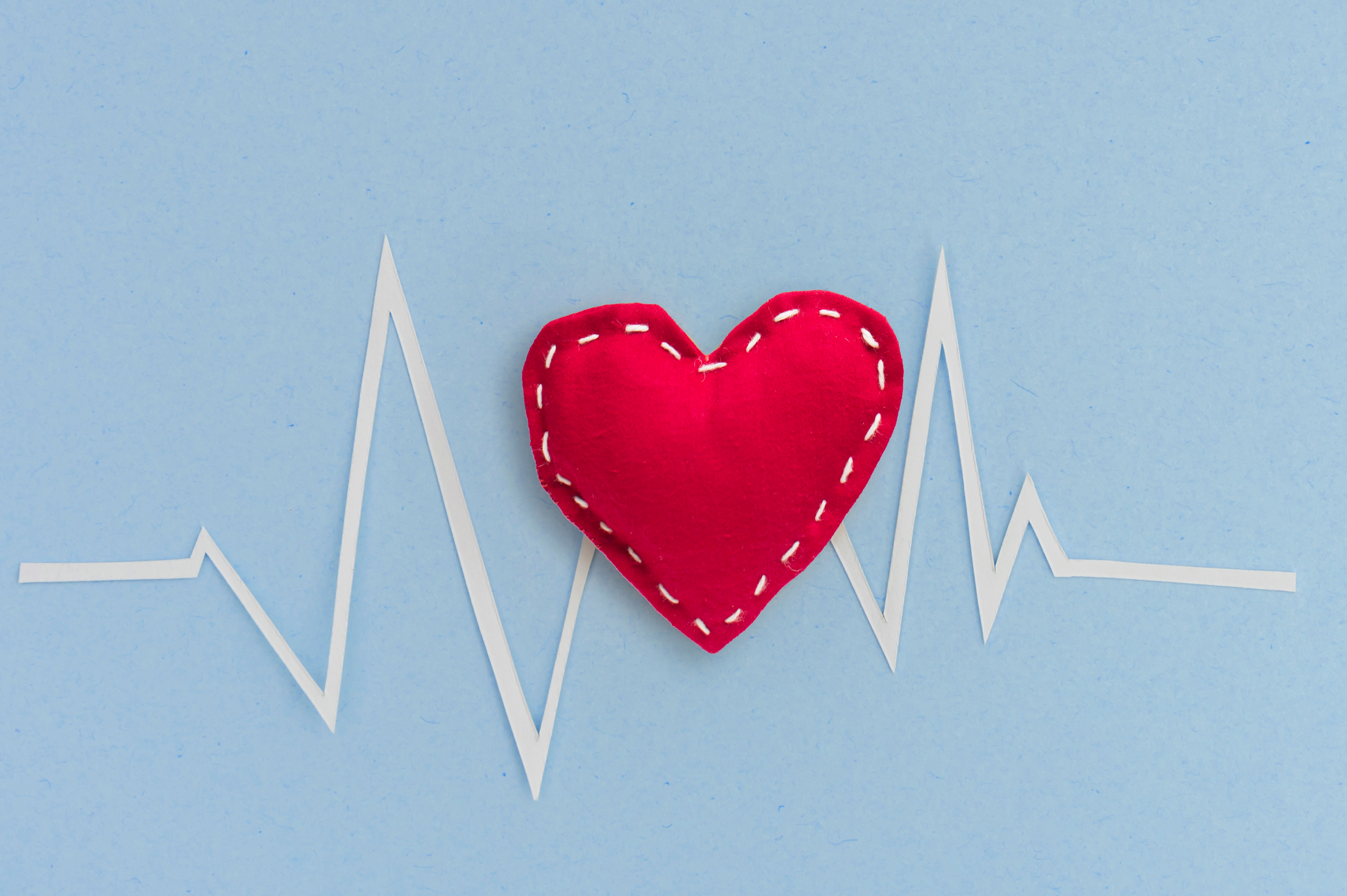What Happens When You Eat Too Fast
3. Increased Risk of Metabolic Syndrome
Eating too fast has been linked to a higher risk of developing metabolic syndrome, a cluster of conditions that increase the risk of heart disease, stroke, and diabetes. When you eat quickly, you are more likely to consume larger portions and make poorer food choices, both of which are risk factors for metabolic syndrome. Additionally, the rapid consumption of food can lead to spikes in blood sugar levels, as your body struggles to keep up with the sudden influx of glucose. Over time, these spikes can contribute to insulin resistance, a key component of metabolic syndrome. By taking the time to eat more slowly, you can help regulate your blood sugar levels and reduce your risk of developing this serious health condition.
4. Impaired Nutrient Absorption

The speed at which you eat can also impact your body's ability to absorb nutrients from the food you consume. When you eat too quickly, your digestive system may not have enough time to properly extract and absorb the essential vitamins and minerals your body needs to function optimally. Chewing is a crucial part of the digestive process, as it breaks down food into smaller particles and mixes it with saliva, which contains digestive enzymes. If you don't chew your food thoroughly, your stomach has to work harder to break it down, potentially leading to incomplete digestion and reduced nutrient absorption. By eating more slowly and mindfully, you can enhance your body's ability to absorb nutrients, supporting overall health and well-being.
